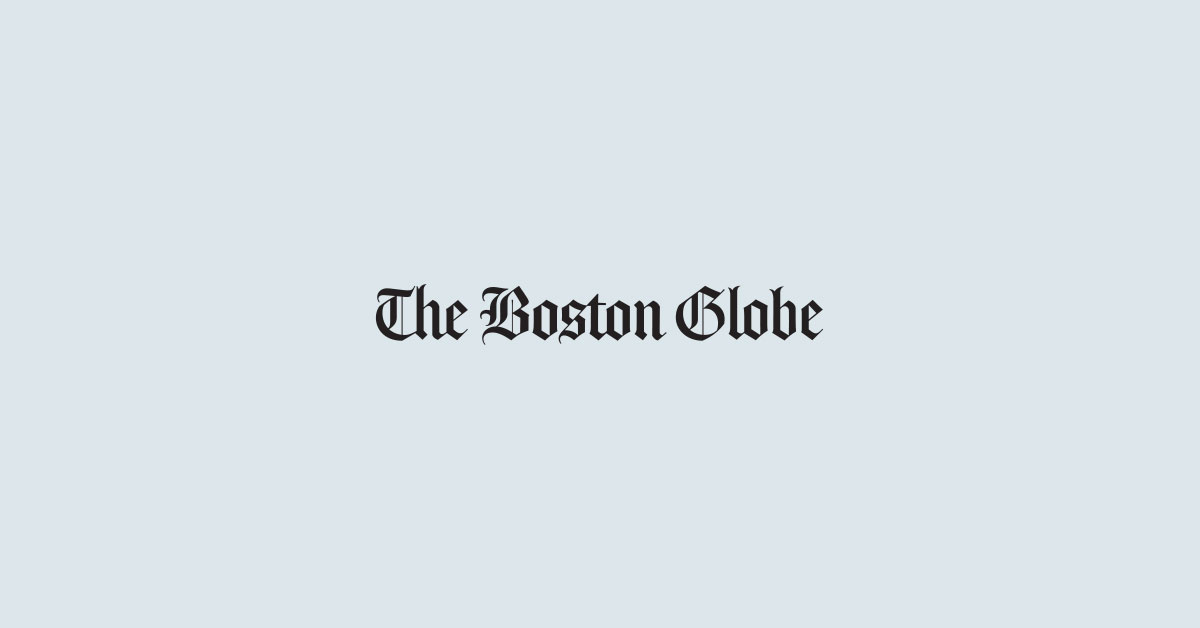
India and other virus hot spots across the globe could disrupt the economic recovery in Massachusetts
Bhaskar Chakravorti said “Nobody is safe until everyone’s safe,” when asked about the COVID-19 outbreak in India.

Bhaskar Chakravorti said “Nobody is safe until everyone’s safe,” when asked about the COVID-19 outbreak in India.
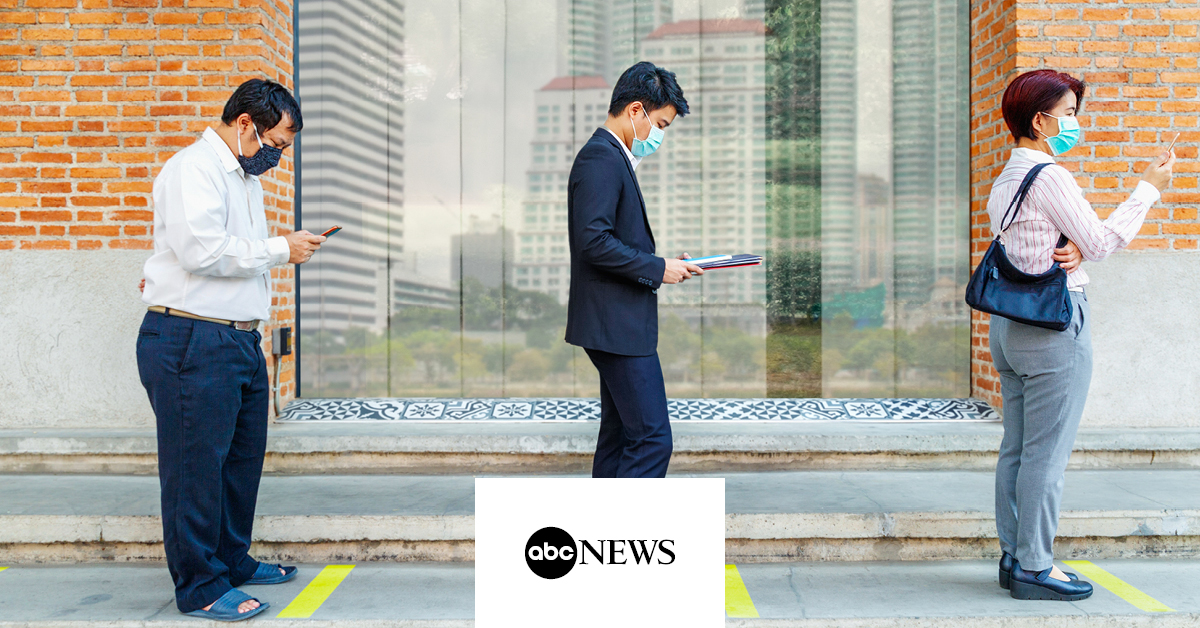
While working from home is an option for the digitally-connected, much of the U.S. and the rest of the world aren’t ready to support a remote workforce.
The Coronavirus pandemic is likely to shift the economic landscape in meaningful ways, reshaping the dominant forces in markets and economies worldwide.

White House downplayed COVID deaths, pushed reopening. Inconsistent response, lacking coordination. Premature victory claims. Desperate and dysfunctional.

Rather than prepare to reopen, Bhaskar Chakravorti recommends that companies help employees settle into operating remotely.

Bhaskar Chakravorti shares insights from Digital Planet’s Social Distance Readiness Benchmark and discusses which states are practicing social distancing best.
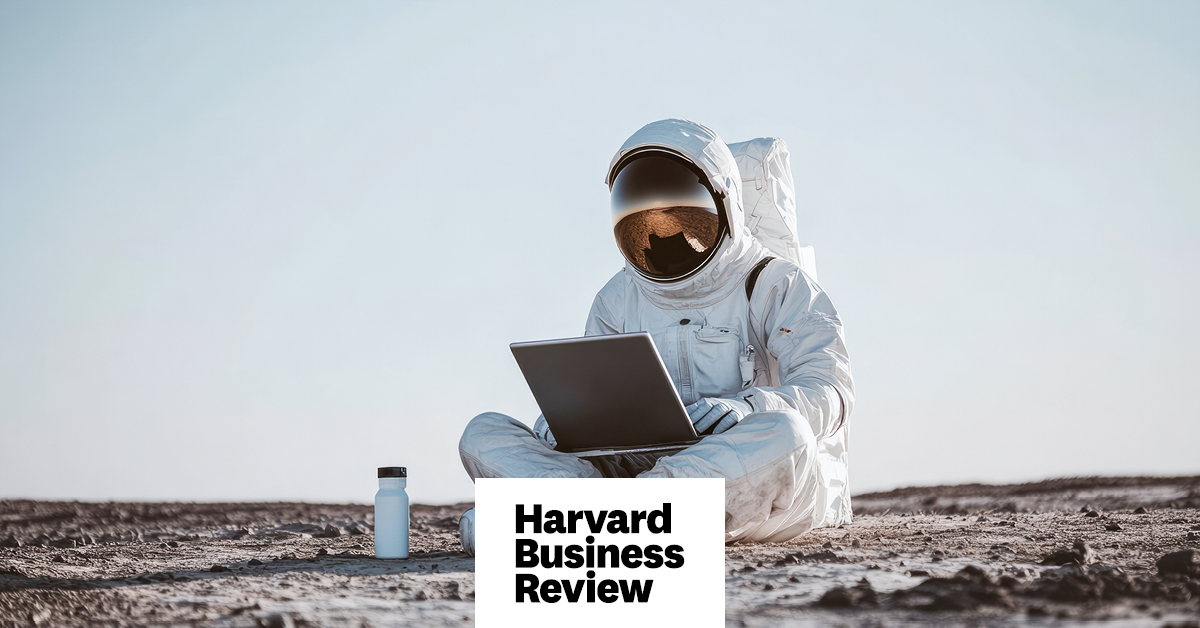
New research from Digital Planet analyzes how prepared 42 countries were to enter and exit lockdown during COVID-19.
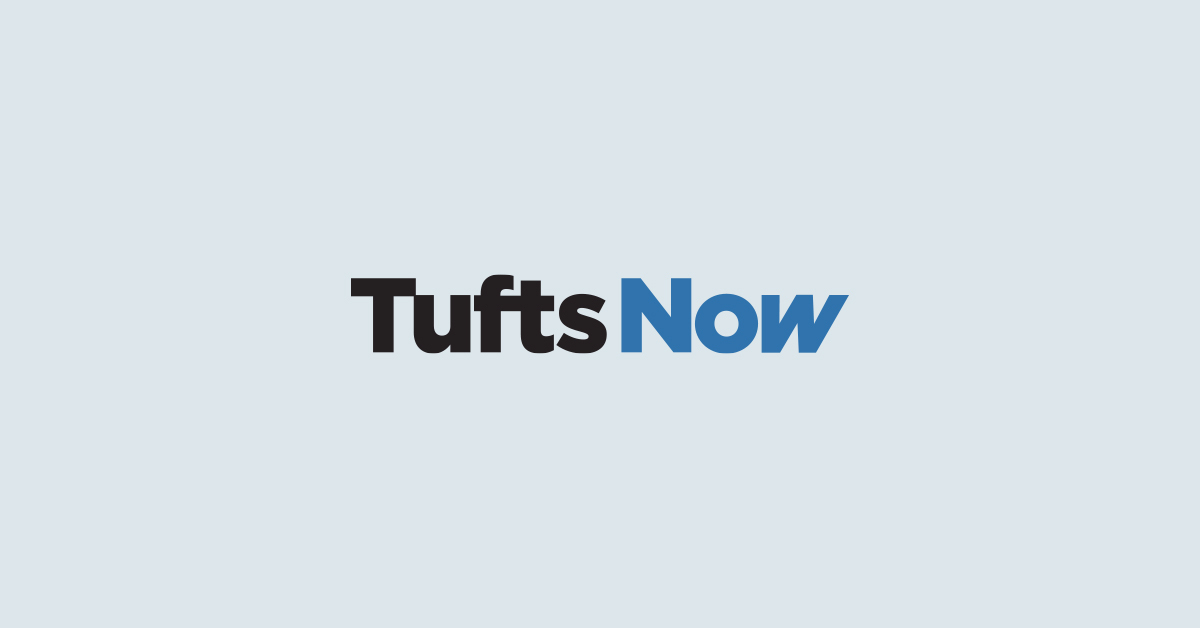
Tufts Now | Bhaskar Chakravorti participated in Lessons from a Pandemic, a video series run by Tufts University, and shared his insights on how to lift lockdown orders around the world.

Josephine Wolff explains how lawmakers are just like the millions of other people who are working from home.
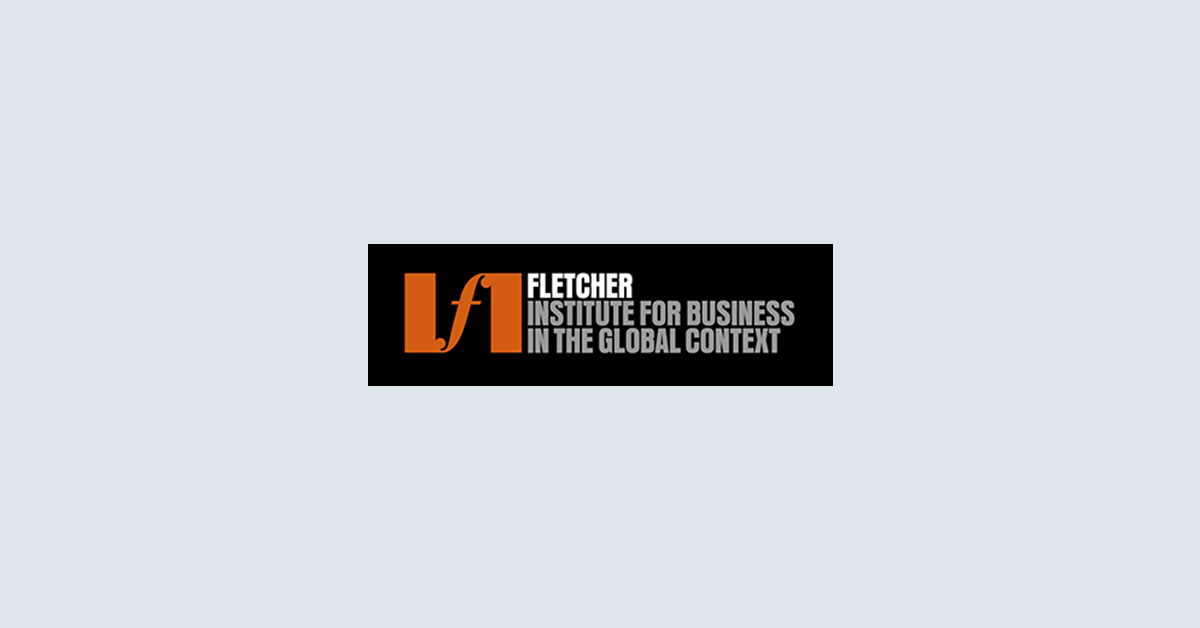
Fletcher Professor Jette Steen Knudsen explains the responsibilities of Western retailers to the workers who make their garments as the coronavirus forces factories to shut down.

NBC Boston | Bhaskar Chakravorti is interviewed and expresses his thoughts on President Trump’s recommendation to inject disinfectants.
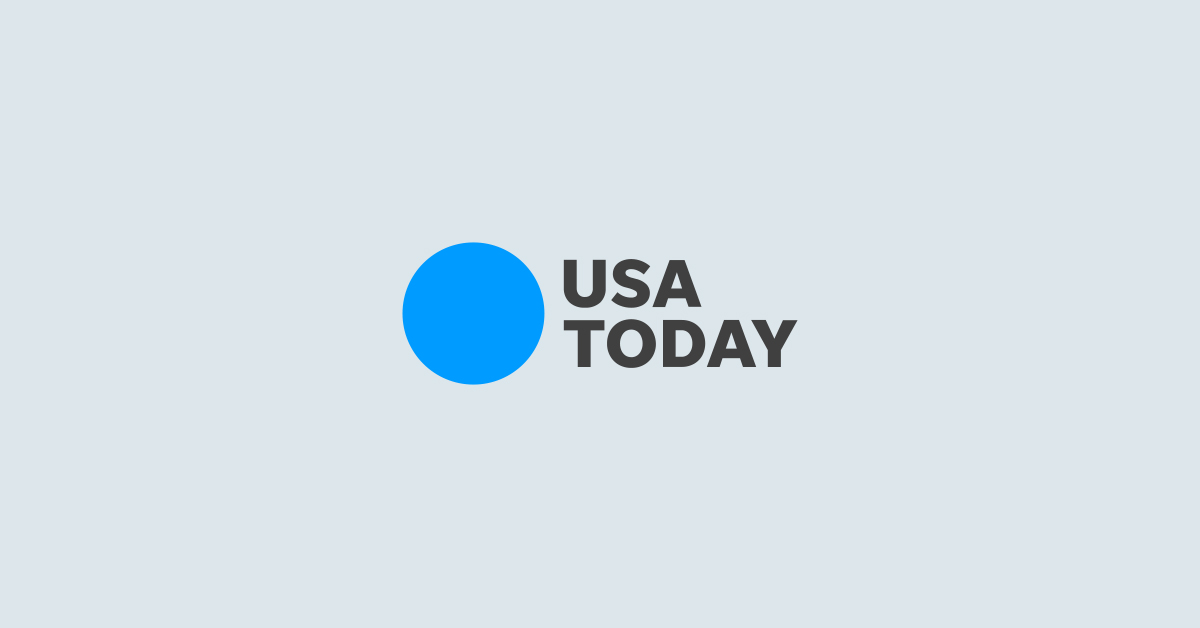
USA Today | Bhaskar Chakravorti states guidelines to reopen states are “a bad idea motivated by Trump’s political motives rather than a measured, data-driven public health strategy.”

Al Jazeera | CPJ says Trump’s attacks have been amplified during the coronavirus crisis, a time when unimpeded journalism is crucial.
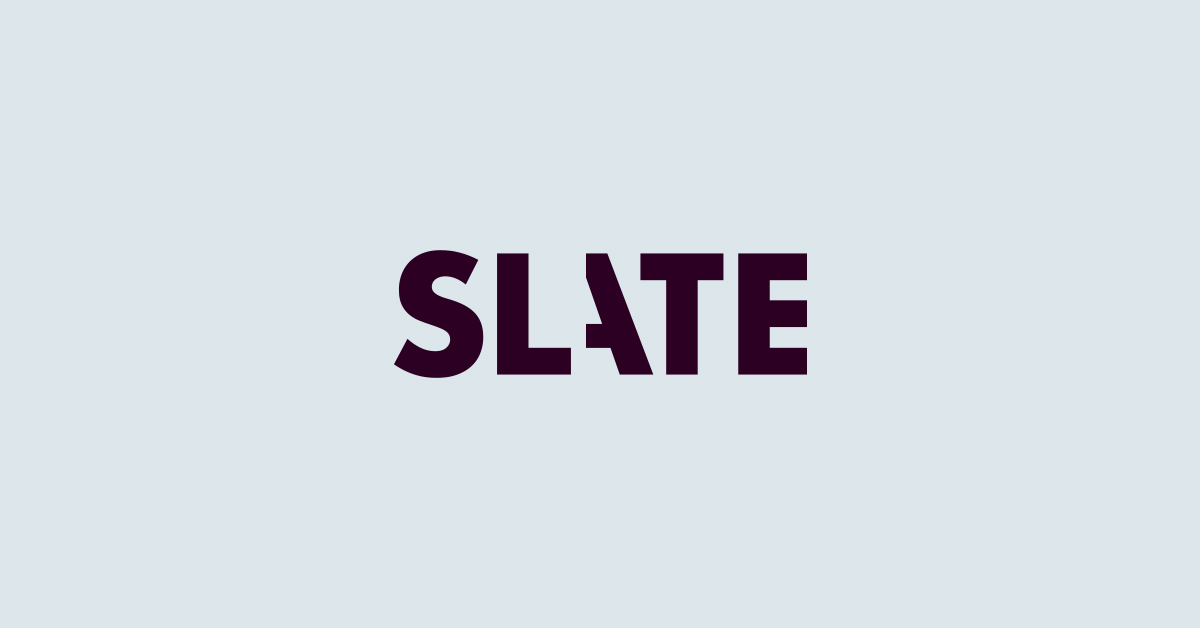
Fletcher Professor of Cybersecurity Policy Josephine Wolff explains that while Zoom has made some mistakes, it’s owned up to them in the middle of an unprecedented time.

It is about time, Mark Zuckerberg (Facebook/WhatsApp), Sundar Pichai (Google/YouTube), Jack Dorsey (Twitter) and Zhang Yiming (TikTok) made some tough calls, much like what their own political leaders have done.
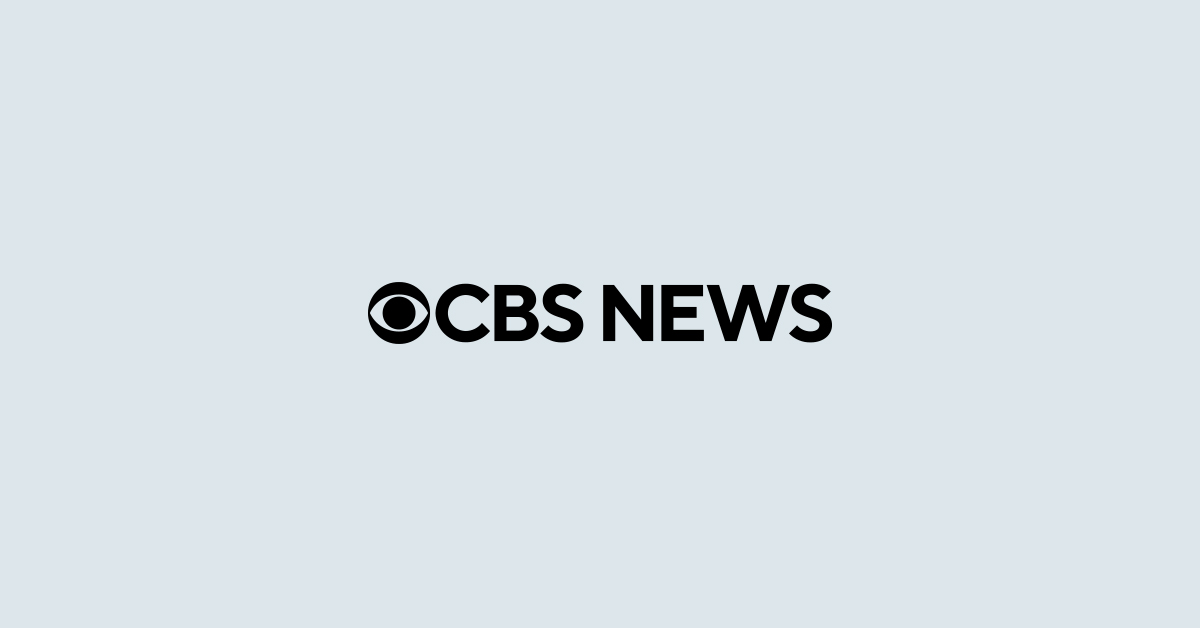
CBS News examines the strain on internet infrastructure due to increased remote work, highlighting the need for robust connectivity.
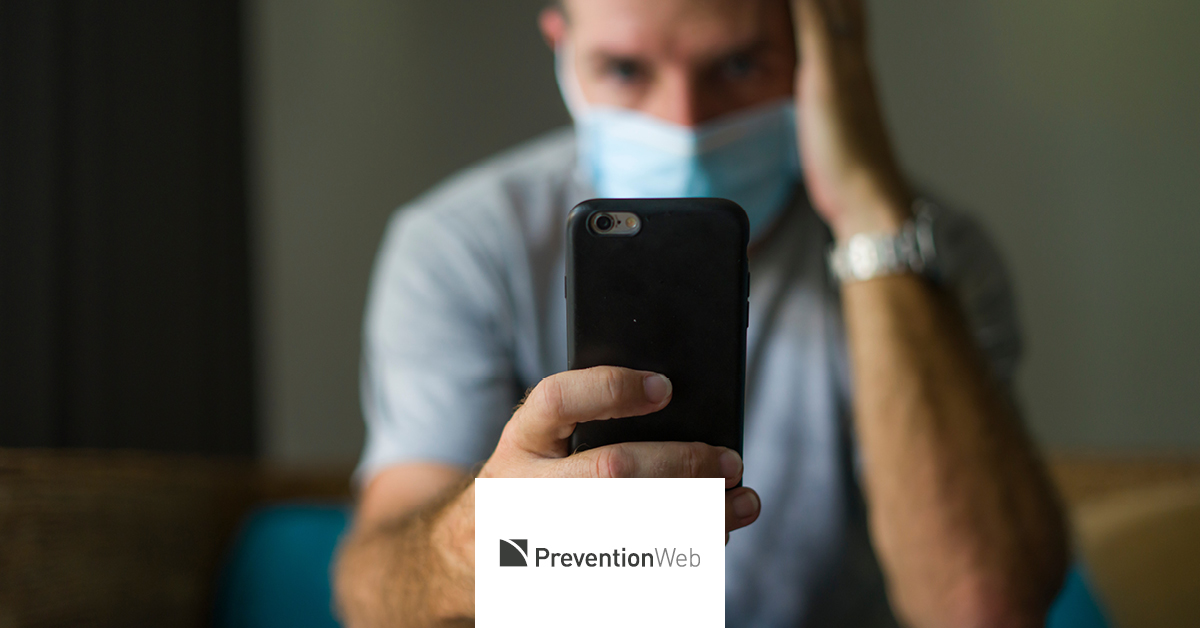
Social media companies combat COVID-19 misinformation but urged to do more. Increased efforts needed to tackle the spread of false information.

Josephine Wolff explains how the United States can learn from other countries to track the pandemic while still protecting privacy.

Will our internet be able to keep up with the demands of COVID-19? Josephine Wolff expands on this topic in The New York Times.

The rise of the coronavirus is leading to a surge of false and possibly dangerous misinformation. Where can people go to get the facts?

Rumors and untruths are spreading online — from conspiracy theories about the origin of the virus to outlandish treatments.
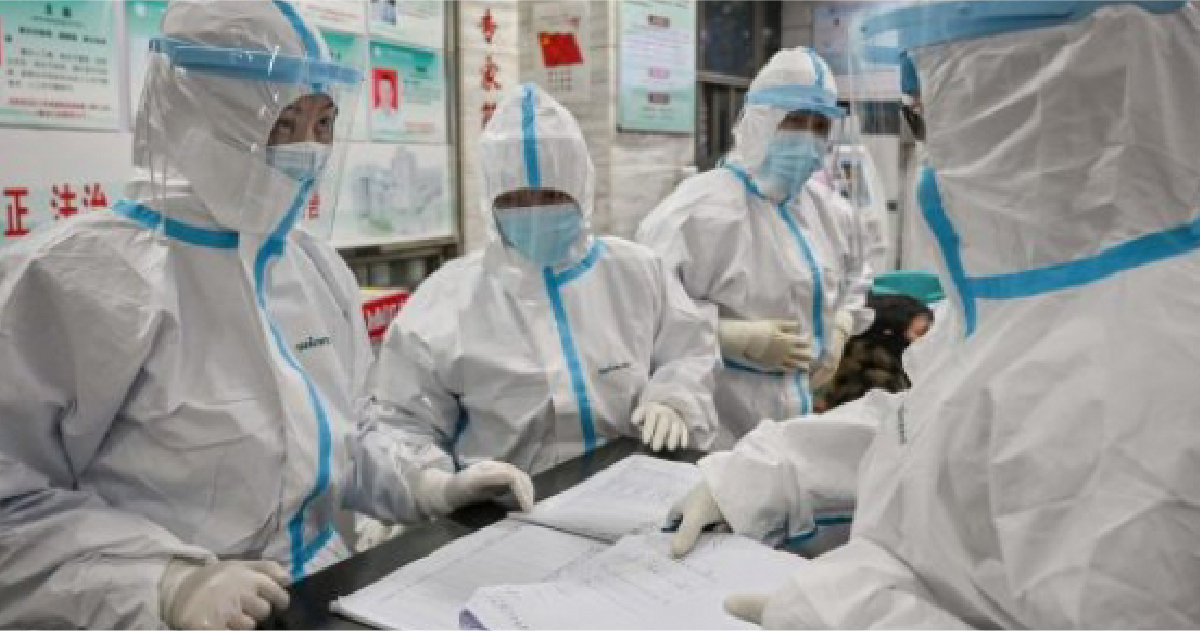
Fox News | “I would worry about countries that have single party or autocratic governments since they have a lower level of objective scrutiny from the media, including the traditional (institutionally reported) media and (bottom-up reported) social media.”
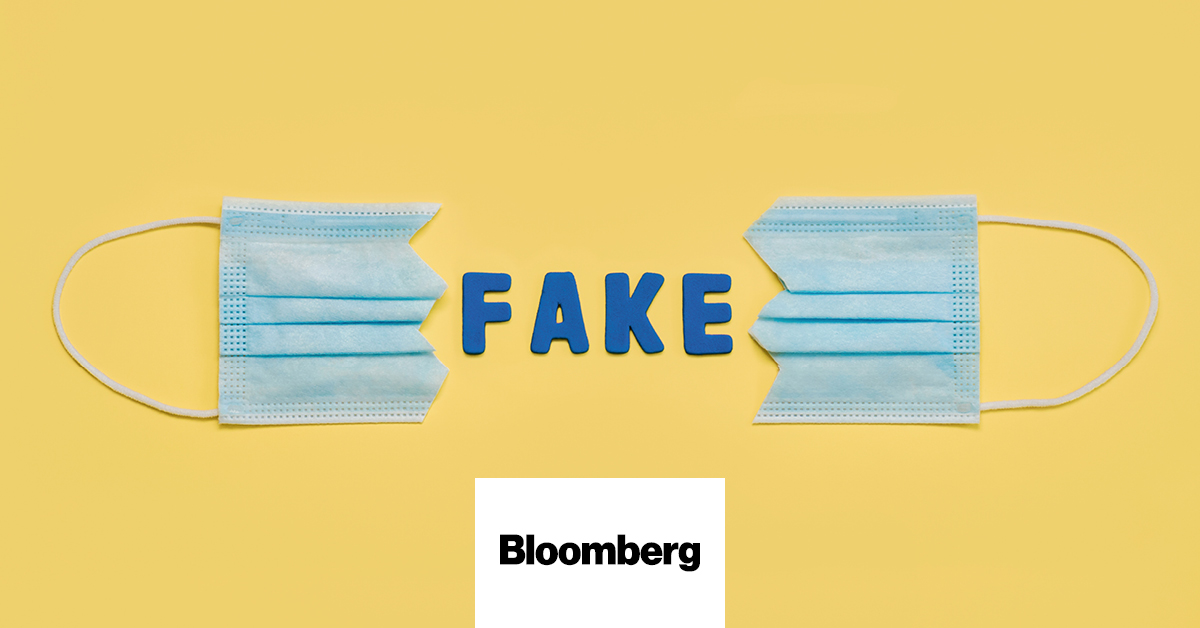
Facebook’s new new “physical harm” standard is one that Twitter and Google ought to adopt.